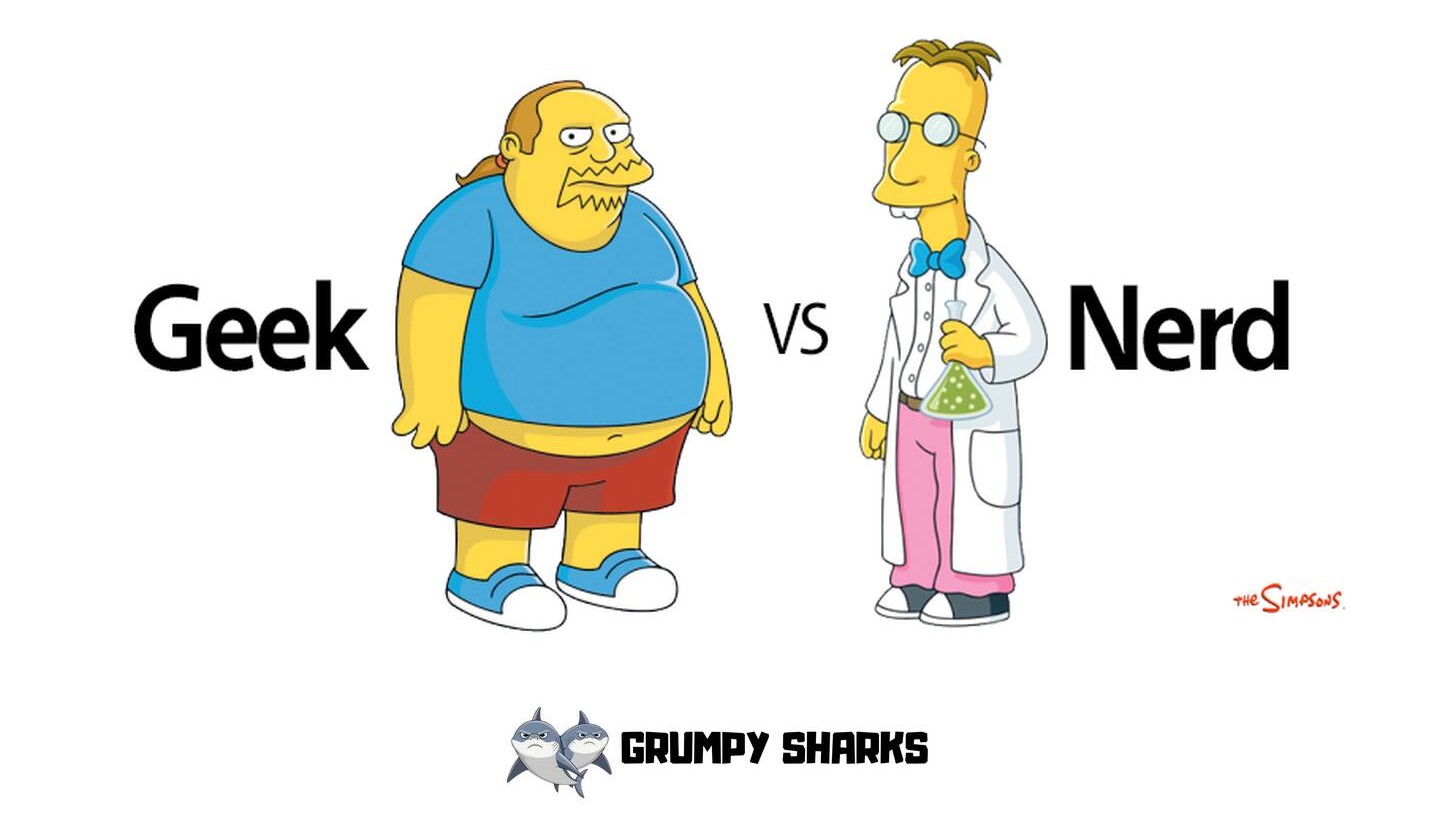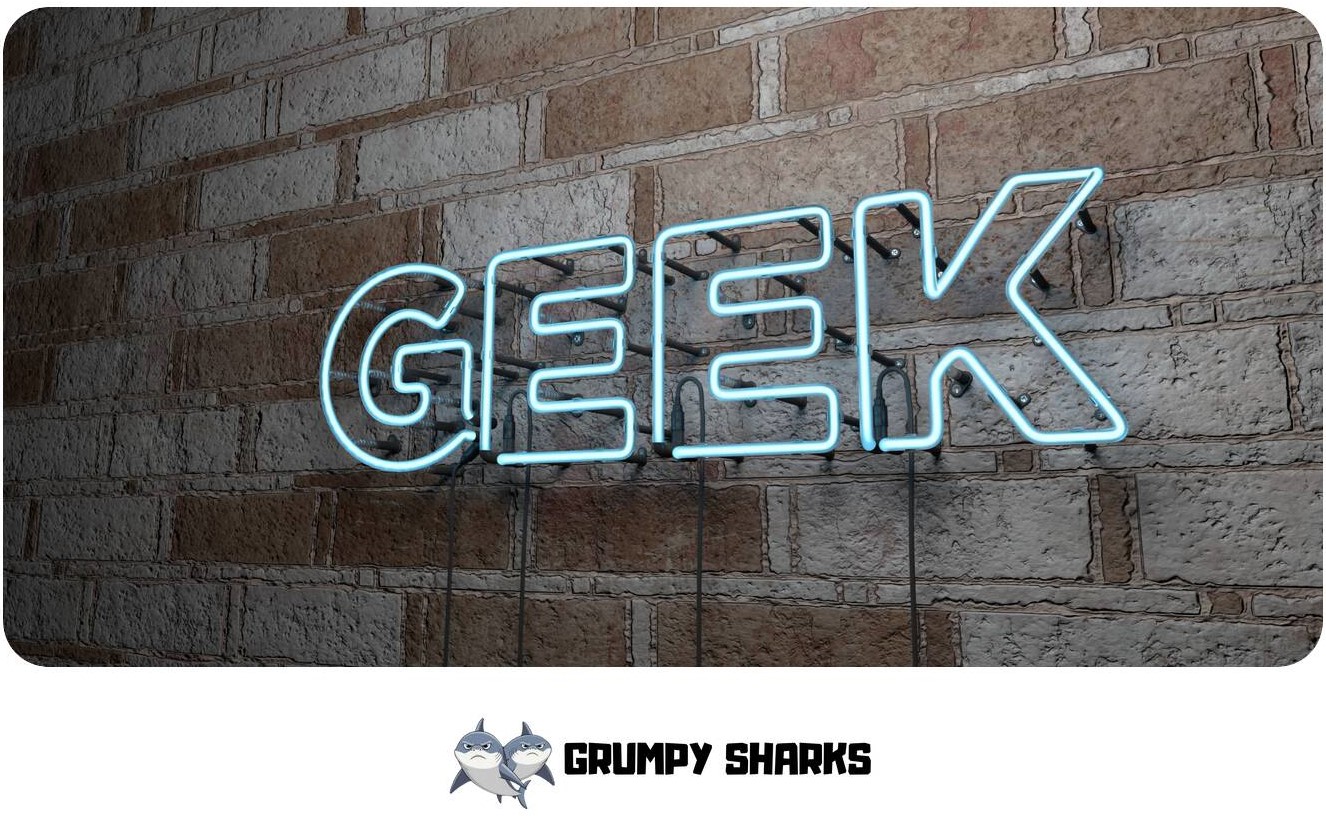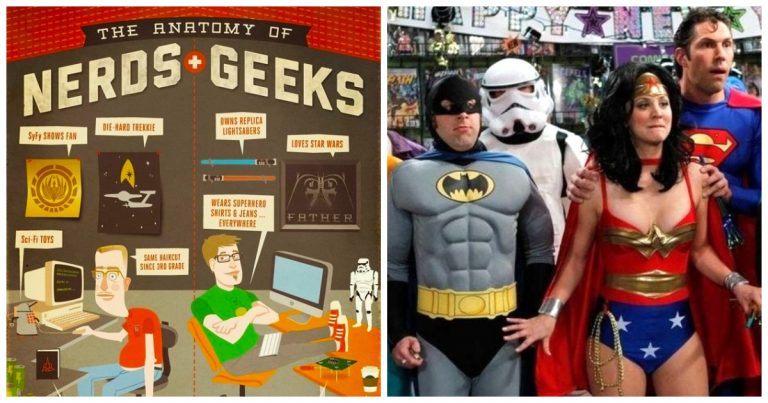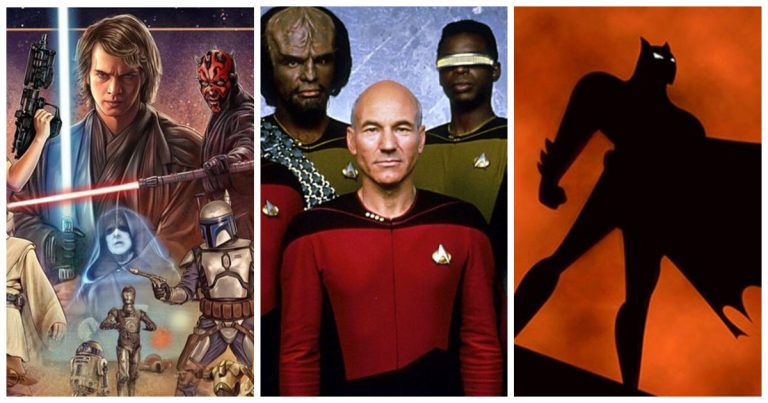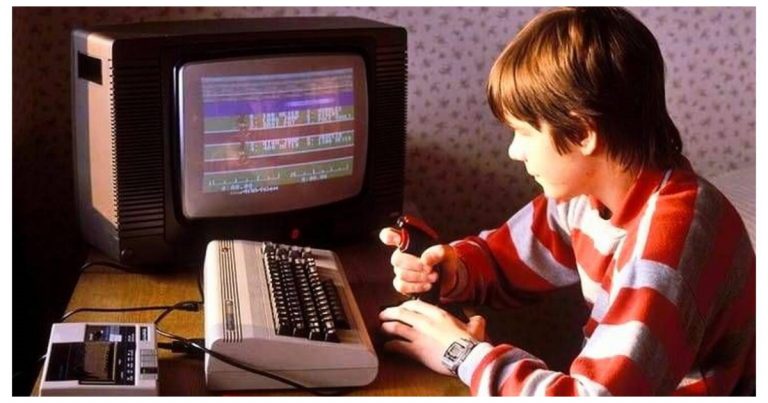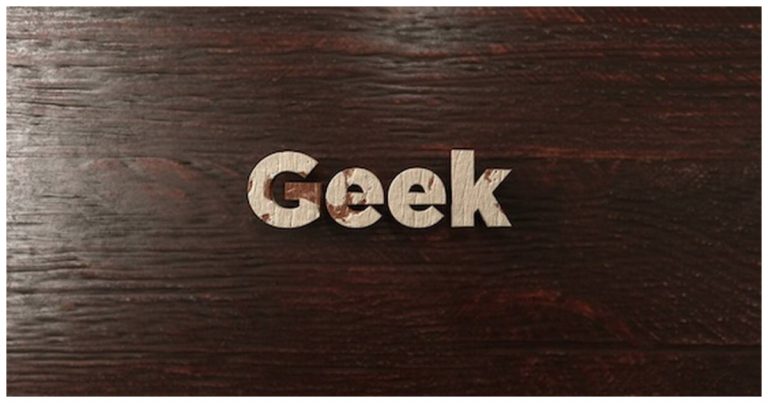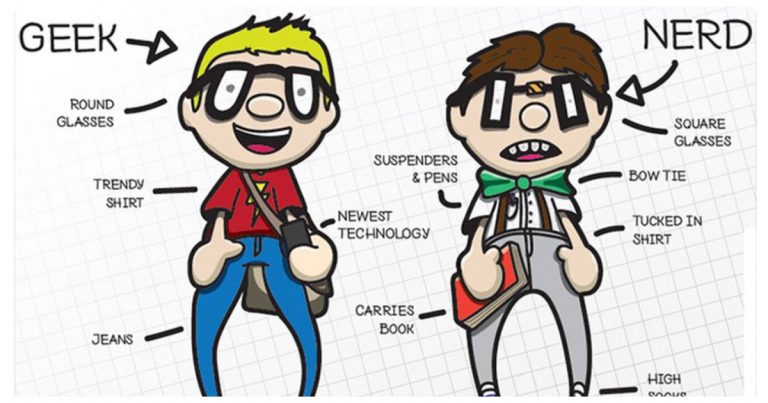What Does It Really Mean to Be a Geek in the 21st Century?
Being a geek in the 21st century is to follow passion in innumerable forms. Whether your passion falls into technology, pop culture, gaming, books, or any other intellectual pursuit, 21st century geek culture celebrates, accepts, and encourages your enthusiasm. Geek culture has moved into the public eye from being a niche subculture to occupying a space and being a powerful influence in our entertainment, technology, and business.
Geeks, today, are celebrated for their imagination, thought leadership, innovation, and contribution to society. The meaning of the term “geek” has changed from a signifier of social awkwardness to one of empowerment and pride, and this is largely thanks to the rise of global geek communities and geek-based media such as Marvel and Star Wars.
#1 What Is The Evolution of the Geek Identity?
The geek identity has evolved dramatically over the past few decades. What was once a term for outsiders obsessed with niche hobbies has transformed into a celebration of intellectual passion, creativity, and tech innovation.
Geek media or blockbusters, like Marvel and Star Wars, definitely helped create a new conception of what it meant to be geek. Geek portrayed a type of person that was socially awkward (perhaps shy). Now geek is leading cultural movements all over the world (i.e., gaming, anime, entrepreneurship, and technology).
#2 What Are Origins and Shifting Meanings of “Geek”?
Historically, geek referred to a performer in a carnival, or circus who entertained audience members by displaying abnormal and disgusting behavior, for example, by biting the heads off guinea pigs or other livestock. Meaning has shifted over time to refer to highly intellectual people, or buffs of technology and pop culture. The meaning has changed from a pejorative term to a badge of pride when geek culture became more prevalent.
1. Geek vs. Nerd: Are They Different?
Geek and nerd are interchangeable, but they are slightly different types. A geek is generally a more passionate person over a specific subject matter, whether that is technology, comics, gaming or something else. A nerd is typically associated with academics or scholars. Ultimately, geek and nerd are both increasingly used and accepted, but geeks tend to be more engaged and socialized by being lovers of pop culture while nerds are more likely to exhibit intellectualism.
2. Characteristics of a Geek Today
Today’s geek has an obsessive passion for their field of interest and their desire to learn about it. It could be technology (and should be!), gaming, anime, or science. Geeks have a fascinatingly obsessive desire to learn and expand what they think they know about the subject. Today’s geek also has to be digitally fluent. While many geeks are skilled at technology, not all geeks are technological. Geeks find ways to create, innovate and share their enthusiasm. Geeks embrace a DIY ethos or want to learn how to do something and typically find a way using online resources, join open-source projects, or create fan content-think fan art or fan fiction.
#3 What Are Types of Geeks in the 21st Century?
In the 21st century, geeks are diverse and belong to various subgroups, each with their own set of interests and expertise:
- Tech geeks: Focused on programming, cybersecurity, and hardware tinkering.
- Pop culture geeks: Passionate about gaming, movies, anime, and comic books.
- Academic/knowledge geeks: Interested in fields like science, history, and literature.
- Hybrid geeks: Those who blend multiple interests, such as tech with art or gaming with cinema.
Each type of geek brings unique skills and perspectives to the cultural landscape.
#4 How Has Geek Culture Become Part of the Mainstream?
In the past decade or so, geek culture has entered the mainstream consciousness—largely due to the popularity of the Marvel films, Star Wars, and other franchises with roots in geek culture. In the present day, media connected to geek culture are now among the most profitable entertainment assets in the world, and have changed the landscape for pop culture from Hollywood film studios to the gaming industry.
Creators on Youtube and influencers on social media platforms such as TikTok and Instagram continue to push the expansion of geek communities; sometimes converting their personal fandoms into global fandoms. The general visibility of geek culture has also driven innovation, as businesses look to geeks to generate new ideas and ways of thinking around technology and business.
#5 How Has Society’s Perception of Geeks Changed?
The social construct and understanding of geeks has changed quite radically. What was once seen as something to be ashamed of — social awkwardness, tech obsession, not being a mainstream person — has now become embraced. The geek identity is praised through age groups, and across the board, its culture is now revered as a power.
Geeks are not bullied anymore; they are acknowledged and respected for their depth of knowledge, creativity, and capacity towards innovation. Companies like Google, Apple, and Tesla have shown what geeks are capable of, and not only is geek culture accepted within entrepreneurship and tech innovation, but it is celebrated.
#6 FAQs About Being a Geek Today
1. Is being a geek a good thing?
Yes! Being a geek means embracing your passions, knowledge, and creativity. It’s a celebration of what makes you unique and a sign of intellectual strength in today’s world.
2. Can you be a geek without liking tech?
Absolutely! Geek culture encompasses more than just technology. Whether you’re into movies, anime, books, or comics, you can be a geek in many different ways.
3. What’s the difference between a geek and a fan?
A fan enjoys a particular hobby or interest, while a geek goes deeper, often immersing themselves in the details and intricacies of that subject. Geeks tend to have a more intense and passionate connection with their interests.
#7 Conclusion
In the 21st century, being a geek is no longer the badge of an outsider. Instead, it represents curiosity, creativity, and innovation with the freedom of expression. The progression of geek culture has provided us not only with tools but also the inspiration to show that geek is something to be proud of.
Whether it be comic books, the latest technology from Silicon Valley, or advancements in science and medicine, geeks have shown us there are no limits, and that passion can and will change the world. Moving forward, let’s continue to celebrate diversity, embrace geek pride, and empower future generations to find their own passion in this world; geeks are not only there; they are leading the charge.

